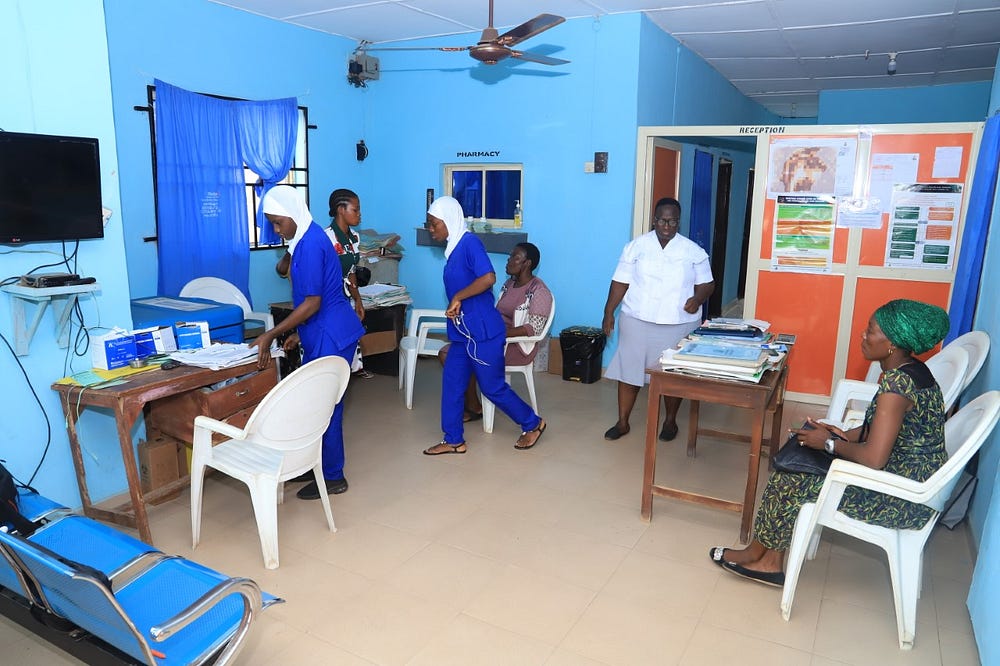The Federal Government has launched a groundbreaking reform initiative that includes the nationwide deployment of 774 Performance and Financial Management Officers, PFMOs.
This move of deploying one PFMO per local government area nationwide marks a major step toward strengthening accountability, efficiency, and service delivery within Nigeria’s primary healthcare, PHC, system.
The landmark initiative, launched on Tuesday in Abuja, was flagged off by Dr Muyi Aina, Executive Director of the National Primary Health Care Development Agency, NPHCDA.
Aina said the deployment aligns with President Bola Ahmed Tinubu’s health transformation agenda.
He explained that the PFMOs would be instrumental in tracking performance data, supporting community outreach, and ensuring the transparent and effective use of funds allocated through the Basic Healthcare Provision Fund, BHCPF.
“This is not just a policy; it is a transformational effort aimed at securing the future of healthcare in Nigeria, where young people not only participate but lead,” he stated.
He noted that more than 60,700 health workers have been retrained under ongoing reforms, while PHC facilities are being revitalized with solar power, modern equipment, and upgraded infrastructure.
Although the physical launch was conducted in the North Central region, he said the implementation is nationwide, covering all 36 states and the FCT.
He also said that the involvement of traditional institutions reinforces grassroots collaboration in driving healthcare reforms.
Dr Francis Ukwuije, a Health Economist with the World Health Organisation, WHO, commended Nigeria’s commitment to ensuring value for money in health investments.
Mr Ukwuije underscored five pillars for achieving value in healthcare: equity, efficiency, effectiveness, ethics, and dignity.
“The appointment of PFMOs is a commendable step. We must also emphasize the importance of ethics and dignity in care delivery, principles central to WHO’s values,” he said.
He further called for a strong learning agenda to ensure that lessons from the initiative are not only institutionalized in Nigeria but also shared globally.
Dr Onoriode Ezire, Senior Health Specialist at the World Bank, drew parallels between the new initiative and the earlier Nigeria State Health Investment Project (NSHIP), which pioneered direct facility financing over a decade ago.
“PHCs are often underfunded and poorly managed—not because health workers lack commitment, but because they’re not trained as managers,” Mr Ezire explained.
He stressed the need for continuous technical assistance to empower health workers with skills in accounting, planning, leadership, and data management to deliver quality care.
Participants at the event shared firsthand experiences of the positive impact of the PFMOs in their localities.
Mohammed Baba-Gana from Niger State said the initiative is rebuilding trust in the system.
“For the first time, we have dedicated eyes and ears on the ground to ensure funds are spent where they matter most. With PFMO support, we now feel more confident managing our facility’s finances and can focus more on care delivery,” he said.
Similarly, Farida Mohammed from Kogi State reported visible improvements in her health center.
“We now have more drugs, the staff are more responsive, and there’s always someone ensuring things are working properly.
“Before now, many of us struggled with budgeting and reporting. The PFMO training and support are bridging that gap and helping us better use the BHCPF funds,” she said.
NAN






